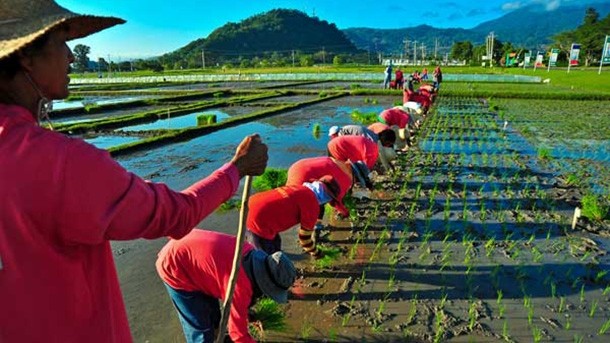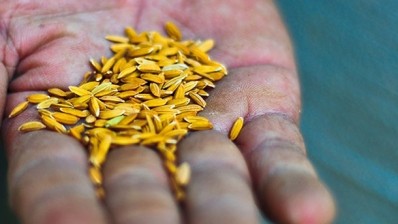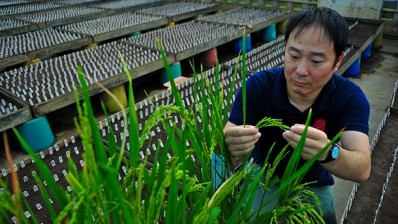World’s longest-running rice research project marks 150th harvest

This living field laboratory offers humanity a firsthand glimpse into the wonders of how rice production can be sustained in a changing climate without adversely affecting the soil and the productivity of a rice ecosystem.
Sustained production
According to Dr Roland Buresh and Teodoro Correa Jr, who both manage the LTCCE, the production of rice has been sustained after 150 rice crops over 52 years. Soil organic matter, a measure of soil fertility, has not declined in the past 30 years. This has been achieved without the application of crop residues and organic fertiliser.
"We were fortunate that the first scientists of IRRI had the foresight to envision intensive cultivation of rice and initiate the LTCCE in 1962 to test the feasibility and sustainability of intensive rice cultivation with up to three crops per year,” Buresh said.
The soil has remained a healthy medium for microorganisms, which is unique to flooded soils, providing sufficient biological input of nitrogen from the atmosphere for rice plants to produce 2-3 tonnes per hectare per crop. The application of fertiliser at an optimal rate for high profit can produce more than double this rice yield.
The experiences of the LTCCE have shown that proper application of fertiliser, sufficient irrigation water, and the use of modern high-yielding rice varieties and good crop management practices are essential for sustainable rice production.
‘Society will benefit’
Yields have varied from year to year, largely because of climate, and are higher during years and seasons with abundant sunlight. Insect pests and diseases have not been a major factor affecting rice yields because varieties grown in the LTCCE are resistant. They are regularly replaced with new high-yielding ones that are pest- and disease-resistant.
“Society has and will continue to benefit from the findings of this experiment,” Buresh added.
"The implications of this are enormous, especially as intensive cropping becomes inevitable when more than half of the world's population—over 3.5bn—people eat rice as their staple food.
“This living field laboratory will enable scientists to identify and solve potential constraints in intensive rice cultivation before they appear in farmers’ fields. It will continue in the future to provide insight for sustaining the productivity of rice in a changing climate.”















